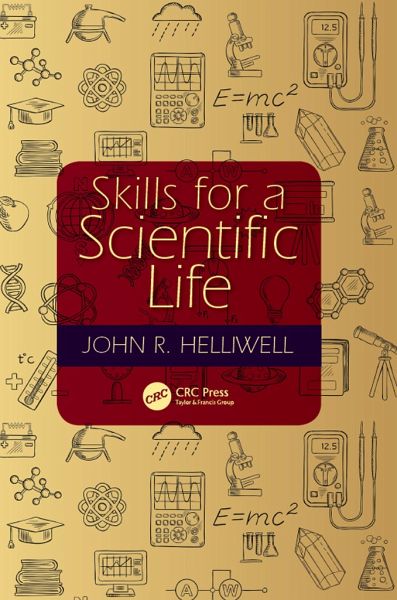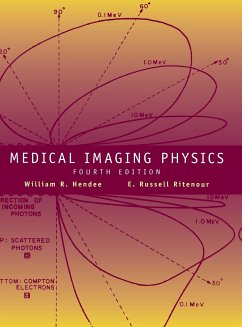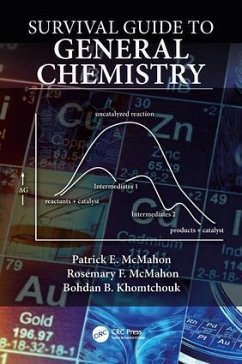
Skills for a Scientific Life
Versandkostenfrei!
Versandfertig in über 4 Wochen
235,99 €
inkl. MwSt.

PAYBACK Punkte
118 °P sammeln!
Being, or wanting to become, a scientist requires academic training in the science subjects. To succeed as a research scientist and educator requires specific as well as general skills. Skills for a Scientific Life provides insight into how to be successful. This career book is intended for potential entrants, early career and mid-career scientists for a wide range of science disciplines.












